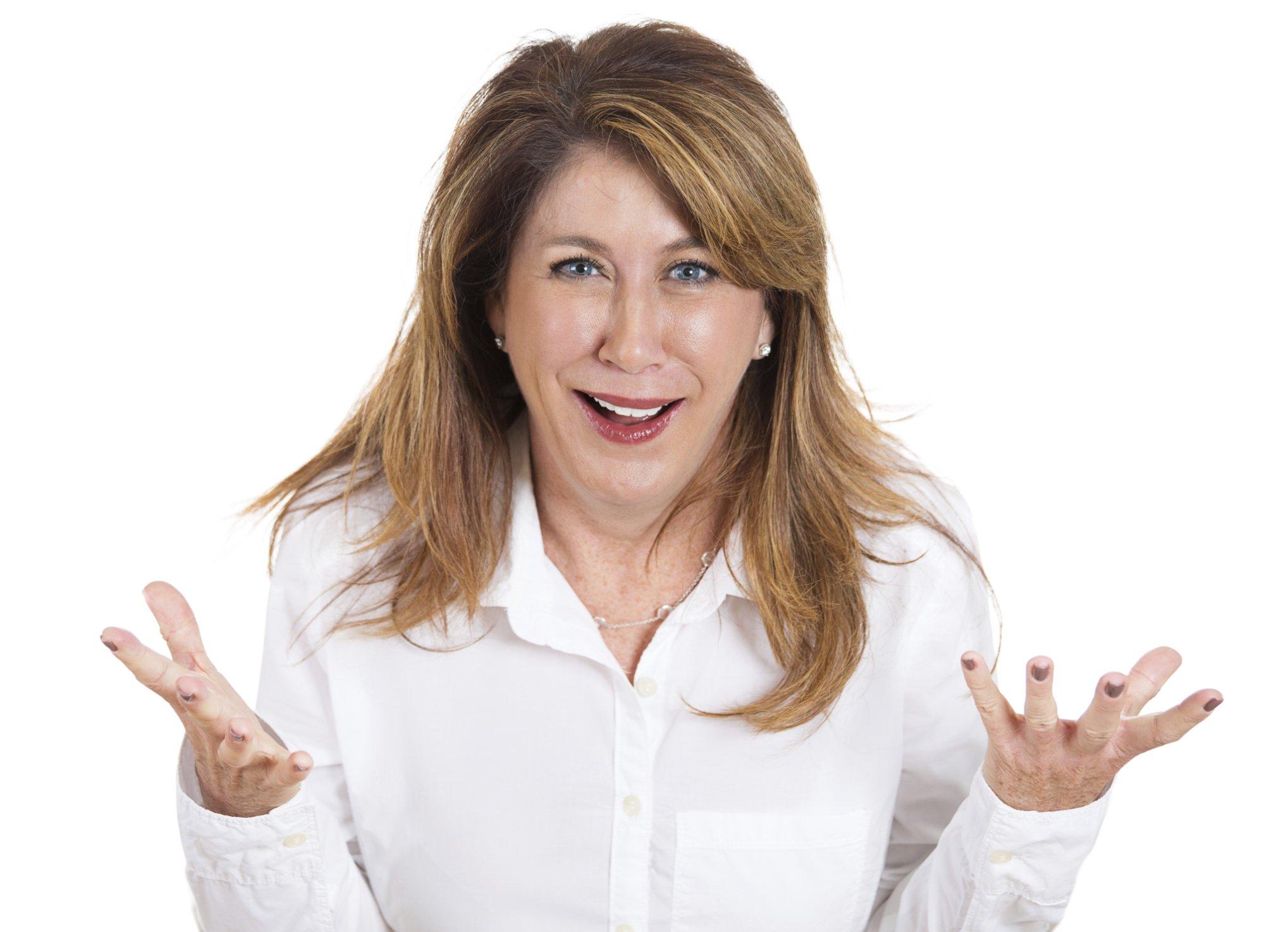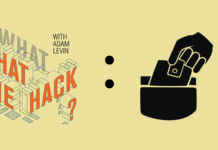
With Mother’s Day just around the corner, it’s quite natural to reflect upon the innumerable ways our mothers have made us the men and women we are today. But while lost in that reverie, consider this: In her love for you and your family, and her desire to share online your joys and accomplishments with friends and the world at large, could your mom be putting you in harm’s way?
There are many ways our mothers (indeed any family member) can hurt us. The most common situation: child identity theft. Sad but true, more fraudsters than we care to believe are friends and family — usually a person who, having trashed their own credit, moves on to destroy the pristine credit of someone who won’t be needing it for a few years. Sometimes the bad news comes by way of a call or notice from a collection agency. In other cases, victims are clueless till they apply for a driver’s license or for credit, and are horrified to learn that they are up to their necks in debt.
The latest figures show that about 1 in 40 kids under the age of 18 become victims of this kind of crime. The numbers are far worse in foster care situations (1 in 10). However, if you are looking at the above stats and thinking that you are in the clear and, “Phew! Mother’s Day is saved!” think again.
Does Your Mom Overshare?
While it can be a source of embarrassment when family stories go around the dinner table, the advent of social media makes that table very big, and surely, you don’t know everyone who’s been invited to dinner.
Doubtless, there are few people who know you better than your mother, and therein lies the problem. You can do everything right, and still get got by an identity thief because your mother has an unquenchable desire to overshare on social media. Now more than ever, it’s important to keep what your mom knows about you “in the family” where the worst it can do is make you blush.
One result of social networking is an ever-growing and evolving circle of family, friends, acquaintances–and complete strangers. If your mom–or anyone else who tends to overshare–enjoys talking about your life events online or posts pictures chronicling various personal milestones, it could put you in a world of pain. Why? Because personal information like our birthday, our childhood pet and the street we grew up on are how we answer security questions for some of our most valuable online accounts. Ultimately it’s your responsibility to make sure you are not an easy target for identity theft and other cyber-related crimes, but with friends and family being the equivalent of your personal TMZ, you will quickly come to the realization that you are more powerless to protect yourself than you would like to believe.
One simple solution is having “the big talk” with your mother (and other well-meaning friends and relatives) about the dotted line between social networking and identity theft. Just by dint of her being the doting woman who brought your little ray of sunshine into the world, your mom could get you got, and that’s what you need to tell her. The face-palm of a mother’s overshare could become a thing of the past if you explain the situation correctly.
Photographs Are Worth Way More Than 1,000 Words
Although you’ve been warned against geo-tagging your photos, people still post pictures online that include geo-tagging codes that tell anyone who cares to know where and when the picture was taken.
The issues here are numerous. Maybe your mom takes your kids to the local playground. She snaps a few adorable pictures to share on Facebook, and let’s assume for the sake of reality that she hasn’t run a criminal background check on each of her Facebook friends. She has just handed a child-predator (potentially lurking among the countless friends and family to whom she is connected) some important information: where your kids play, likely times to find them at the playground, what they look like, their names and (depending upon how much birthday information she shares) their ages. Clearly this wasn’t her intention when she posted the pictures, but the risk is no less profound.
Another risk with pictures that your mom might post is, of course, that a potential burglar will be able to figure out where you live and when you won’t be there. If your mom likes to brag, that same thief may get an idea of what’s worth stealing in your house. All they need to do after that is wait for the post that lets them know when you aren’t home: “My kids are so blessed (names tagged in the post), they are going to Jamaica next Saturday! Have fun!” The bad guys get into your castle, and there goes the neighborhood.
Photographs are not the only issue. Many people use their mother’s maiden name as part of their security protocol. Mom may post where you went to college or where you work. Your address might just show up in the pictures she posts, which may include photos of identification documents like passports or Social Security cards belonging to you or your kids. Your antique Social Security card displays your Social Security number. Game on!
Social media has been a game changer in mother-child relations. We are way past the days when the biggest complaint was, “Mom, you threw out my baseball cards.” Today, if she posts too much, you may well end up saying, “Mom, you got me robbed!”
[Note: If you’re worried your identity may have been compromised by an unintentional overshare, you can monitor two of your credit scores every month for free on Credit.com.]










